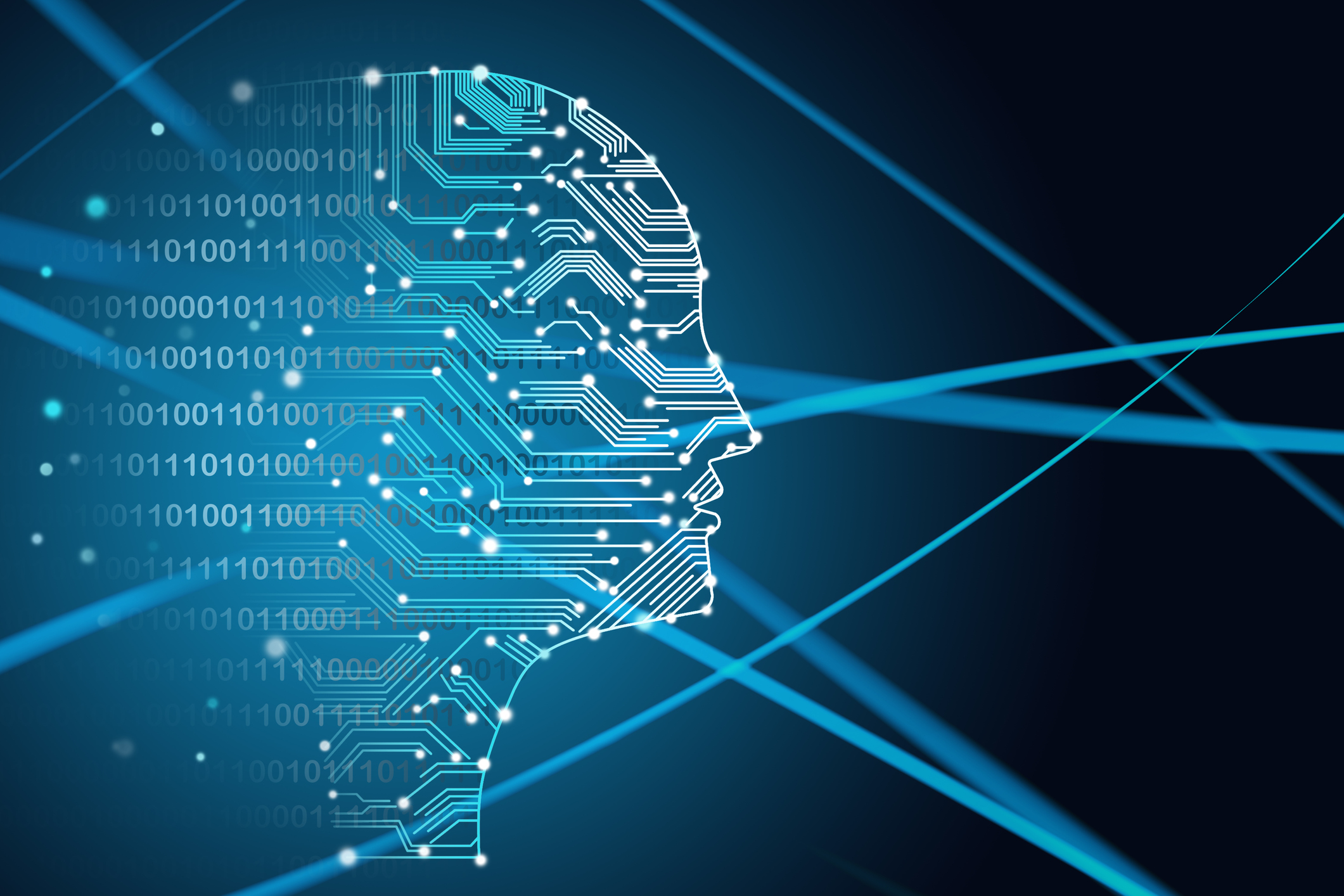
When you think of plug and go technology, the Cloud is likely the first thing which comes to your mind. Talk innovation, flexibility, and advancement, and the Cloud emerges as the clear choice for companies willing to take the risk in the long run.
What is Cloud computing all About?
Cloud computing is all about delivering power over the Internet. All in all, everything is accessed mainly through the web browser; there will be no local machines, servers or even infrastructure dependencies. With the introduction of the Cloud, businesses and consumers don’t have to worry about investing in IT resources like storage facilities, virtual machines, and other running applications.
Companies which made a move to the Cloud have reaped immense benefits from the shift. Companies which did not make a move are in danger of becoming obsolete over a period. If the transition is still pending for your business, then it’s time to get the ball rolling — the success of your business depends on the move to the Cloud.
What Are the Benefits of Cloud Computing and Why Is It Necessary for Businesses to Move to It?
Flexibility: As a company, there are high chances that your bandwidth needs will fluctuate on a day to day basis. If your needs progress, you can increase and scale up your cloud capacity, and the decrease it when there is no longer much requirement. This way, the possibility of being able to scale up or down gives you better leverage on your server; it also makes your business environment-friendly.
Disaster Recovery: What is the biggest fear for enterprises these days? Loss of valuable enterprise-wide data; this could pertain to customer data or even financial data. Businesses of all sizes have large collections of data; if any of it gets lost, the chances are that it could cost the company heavily. For this very reason, businesses try to invest in disaster recovery systems to safeguard their business against any data thefts or losses.
With the Cloud in place, companies can avoid investing in disaster recovery software, as the Cloud offers these services at minimal costs; this service is available to small and large businesses, at varying prices, depending on requirements.
Automatic Software Updates: Cloud servers are off-premise and out of sight; this means that there are no endless worries about security updates, or any other service updates, which can prove to be a headache if the business owns it. Since suppliers own the cloud infrastructure, it’s the supplier’s responsibility to roll out the required updates to ensure maximum performance delivery to the customers. Companies can benefit immensely, as they can concentrate on their core business delivery.
Freed From Capital Expenditure: Various suppliers provide Cloud services, which means businesses don’t need to spend a lot of money on purchasing server related infrastructure. Companies can pay as per their usage; these costs can also vary depending on their requirements. Since everything is the supplier’s hands, companies are not required to invest too heavily in purchasing their server, or storage space, as the supplier bears everything.
Better Collaboration Between Teams: Since an organization’s work is spread throughout the organization, different teams can access and manage their work. This way, there is an excellent collaboration between different groups, which increases work efficiency.
The Cloud by Your Side: Every company wants to move ahead of its competition in the market. As you run to the Cloud, you get a technological edge on your competitors, which keep you one step ahead of everyone in the market who might not be using this technology. Everything will spell success, as you get to reap the benefits of Cloud services.
Also Read
The 5 Best Practices for DevOps in the Cloud
Best Practices to Help your Team Migrate to the Cloud
How Can The AWS Cloud Enhance IoT Solutions?






